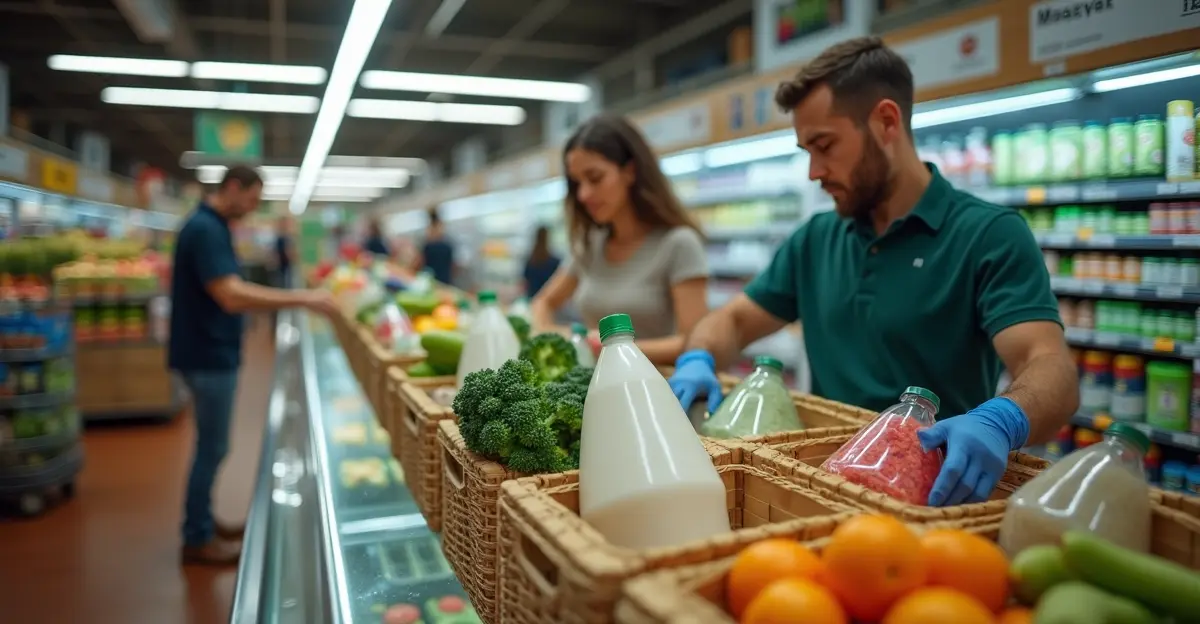International summit establishes binding frameworks for plastic waste reduction amid corporate commitment rollbacks. New measurement systems and policy pledges aim to address the global plastic crisis through accountability and standardized reporting.

International Summit Focuses on Plastic Waste Reduction
As global plastic pollution reaches crisis levels, international leaders gathered at the 2025 Plastics Summit in Lisbon to address one of the most pressing environmental challenges of our time. The summit, themed 'Moving into a New Era of Responsible and Holistic Sustainability,' brought together policymakers, corporate executives, and environmental experts to establish concrete frameworks for reducing plastic waste through measurable commitments and accountability systems.
Policy Pledges and Corporate Accountability
The summit marked a significant shift from voluntary commitments to binding policy frameworks. UN Secretary-General António Guterres emphasized the urgency during his remarks, stating: 'There is no space for greenwashing in our fight against plastic pollution. We need genuine corporate accountability and binding commitments that deliver real results.' This sentiment was echoed throughout the summit as governments announced new regulatory approaches to plastic waste management.
The European Union's Packaging and Packaging Waste Regulation (PPWR) emerged as a key framework, requiring companies to meet specific recycling and reduction targets. According to recent analysis, 2025 represents a pivotal year for corporate plastic accountability with mandatory disclosure requirements through CDP, CSRD, and TNFD frameworks coming into effect.
Corporate Commitments Under Scrutiny
While the summit highlighted progress, it also exposed concerning trends in corporate sustainability pledges. Recent developments revealed that major consumer goods companies including Coca-Cola, PepsiCo, and Unilever have scaled back their plastic reduction commitments. Industry reports show Coca-Cola extended its recycled material targets from 2030 to 2035 and reduced collection goals from 100% to 70-75%.
PepsiCo's recent decision to abandon its 20% reusable packaging goal by 2030 drew particular criticism. An Oceana representative commented: 'When major polluters backtrack on commitments, it undermines global efforts and puts our oceans at greater risk. We need binding regulations, not voluntary promises that can be abandoned when convenient.'
Measurement Frameworks Driving Change
The summit introduced groundbreaking measurement frameworks to ensure accountability. The Plastic Footprint Network's new Plastic Mitigation Accounting Framework (MAC Framework) provides the first standardized approach for companies to measure and report plastic reduction efforts. This framework covers key indicators including total plastic use, collection rates, recycled content percentages, and mismanaged plastics tracking.
According to EY analysis, plastics accounting represents the critical missing piece in addressing the global plastic pollution crisis. With plastic production projected to grow from 460 million tons in 2019 to 1,200 million tons by 2060, standardized measurement systems are essential for tracking progress and holding companies accountable.
Global Commitment Progress
The Ellen MacArthur Foundation's Global Commitment, established in collaboration with the UN Environment Programme, demonstrated significant progress despite challenges. Foundation data shows that signatories representing 20% of all plastic packaging have avoided 14 million tonnes of virgin plastics, tripled recycled content usage, and prevented 7.8 million tonnes of CO2 emissions annually.
However, the foundation's director noted: 'While we've made important strides, the scale of the challenge requires all businesses to accelerate their efforts. The Global Commitment 2030 builds on our success but demands greater ambition and faster implementation.'
Looking Forward
The summit concluded with a call for accelerated action ahead of the legally binding treaty to end plastic pollution scheduled for August 2025. Participants emphasized that corporate commitments must be backed by transparent measurement, independent verification, and meaningful consequences for non-compliance.
As one environmental policy expert summarized: 'This summit represents a turning point. We're moving from aspirational goals to measurable outcomes. The frameworks established here will determine whether we can truly address the plastic pollution crisis or if we're simply managing its symptoms.'
The success of these initiatives will depend on continued collaboration between governments, corporations, and civil society to create a circular economy where plastic waste is eliminated rather than simply managed.

 Nederlands
Nederlands
 English
English
 Deutsch
Deutsch
 Français
Français
 Español
Español
 Português
Português









